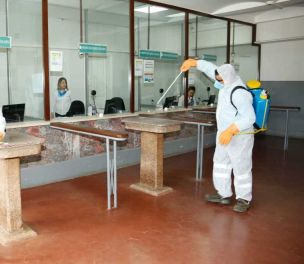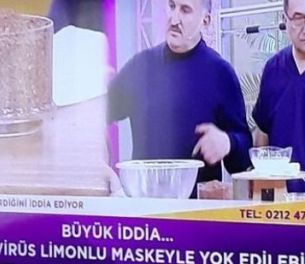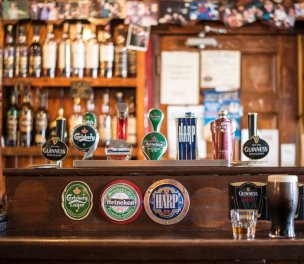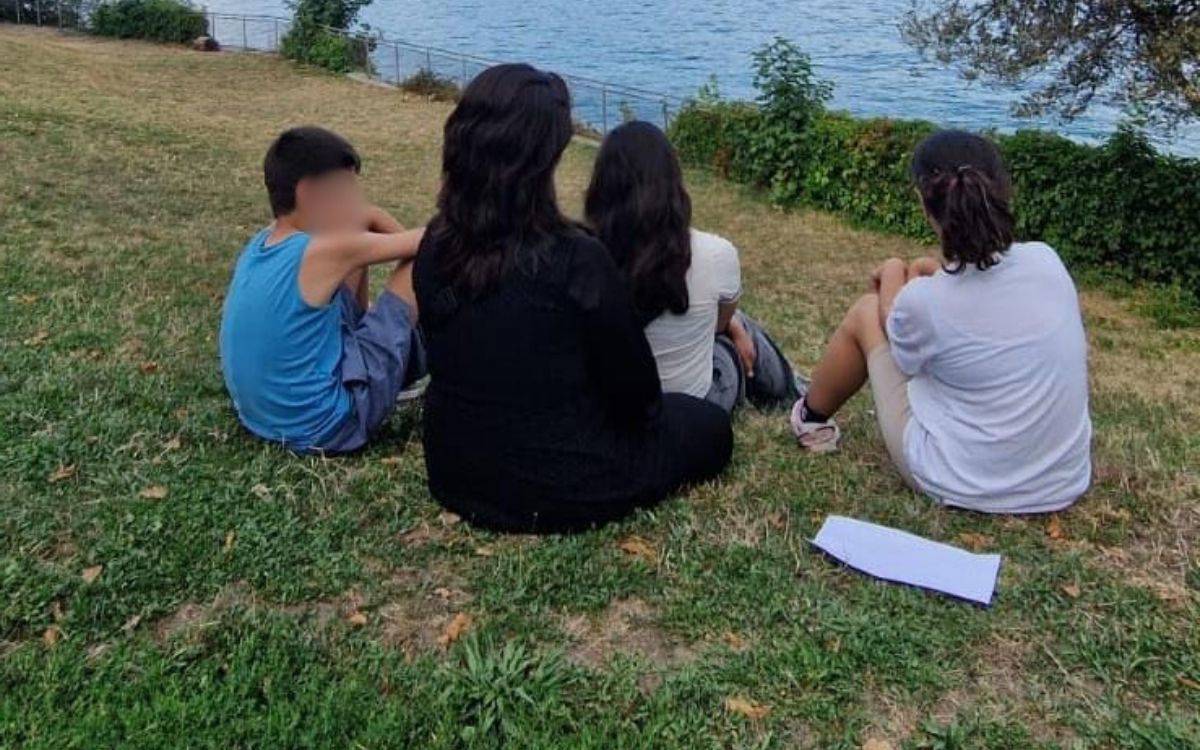* Photos: Sultan Gürbey
Click to read the article in Turkish
"I have been on the streets for 32 years. If I have not contracted the virus so far, I will not contract it from now on. How can I protect myself anyway? When someone tries to touch me, I say, 'Stay away.' Not everyone asks from a distance like you do.
"They should not fear the streets, you know. Streets belong to us. I have known nice people. I only have my mobile phone, it is all I have. It is not a smart phone. I am not a professor, but they should constantly wash their hands and should use eau de cologne. But, we cannot abandon embracing all together. So, embrace each other, nothing bad will come out of it. But, clean yourself immediately after that."
We are right on the street leading from Tophane to Galatasaray Square.
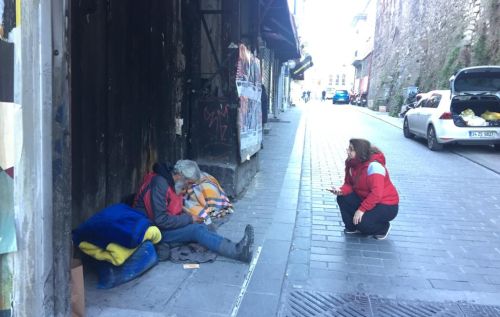
I see someone at the street corner and approach him. He introduces himself as "Deniz." There is someone else lying right next to him. He is covered in a blanket. His name is "Çakıl."
The first coronavirus case in Turkey was announced by Minister of Health Fahrettin Koca on March 11, 2020. Then, people have been recommended not to leave their homes and to socially distance themselves.
But, what about Beyoğlu? It is a frequent destination for people from all over the world. How is Beyoğlu experiencing these "days of corona"? Are coronavirus measures adopted and followed in Beyoğlu?
I am in Beyoğlu in İstanbul to find answers to these questions and to give an impression to readers about the current situation here. I have a small disinfectant with me as a precaution. I am wandering the streets of Beyoğlu, trying to keep the recommended (1.5-meter) social distance.
'Who else will work, if not me?'
Having a little chat with Deniz, who lives on the streets, I come across an old lady on the same street. She is carrying a bag of groceries. I think she is on her way back from shopping. She is not wearing gloves or a mask.
I ask her why she has left her house despite being in the risk group. She answers my question as follows: "My husband is bedridden. My son is working. There were a couple of cleaning works. First, I did them, then dropped by the bazaar for shopping. I am now going back home. Believe me, I am baking my own bread at home. It is hard to make ends meet. As I do cleaning for a living, my hands are always in bleach." Seeing my concern, she adds, "Who will go, if not me? I have to work."
When I remind her about coronavirus, she says, "Nothing will happen to us, we will protect ourselves as much as we can do."
'There are no customers. No customers...'
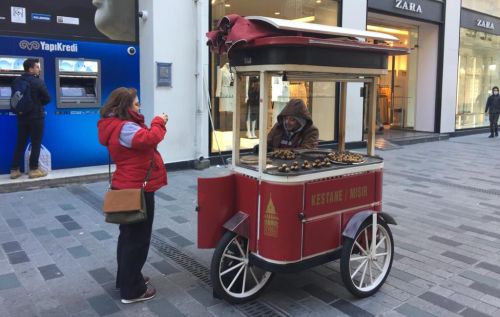
Walking down the İstiklal Avenue, I now come across Mahmut, a chestnut seller. "Call me Maho, the chestnut seller", he tells me and adds:
"It is 5 p.m. now, I have not yet sold a single chestnut. There are no customers. No customers whatsoever... It was - in fact - a bit different last week. Economic conditions were hard, but everything has just ground to a halt because of this virus. There is no one on the street, so there are also no customers. We have to work. People are at least safe at their homes, we are waiting for customers here."
When I am about to leave, Maho shouts, "Those waiting at their homes should at least read a book." We exchange a smile.
'Uncertainty is tiring'
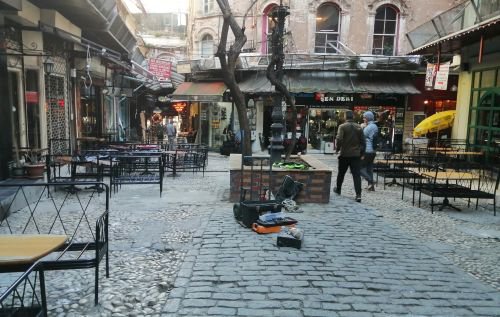
I leave Maho now and head for Hazzopulo Arcade, where the teahouse of "Brother Mustafa" is also located. The teahouse is normally as lively as a cricket. But, when I get there now, a deep silence welcomes me.
All cafes are closed. Taking the permanent closure of shops as an opportunity, some shopkeepers are having repair works. They are not eager to talk. They are upset. Only one of them says, "How many more days will we remain closed? How long will it be like this? I can make a living in one way or another. But, what about the workers? What will they do? We are confounded. This stress and uncertainty tire us out."
No one feeds cats on the streets of Beyoğlu
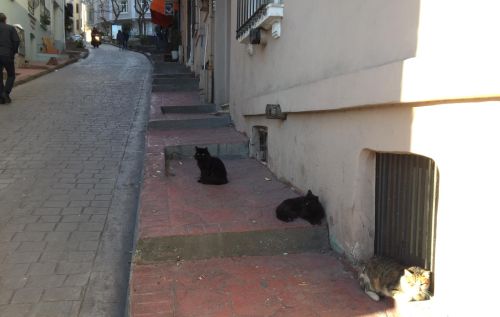
I leave Hazzopulo. I come across the cats of Beyoğlu at every street corner. They are normally fed by shopkeepers. But, now, no one seems to be taking care of them, they are standing there all alone. While I am watching them confounded, I see Vedat, who introduces himself as a theater artist.
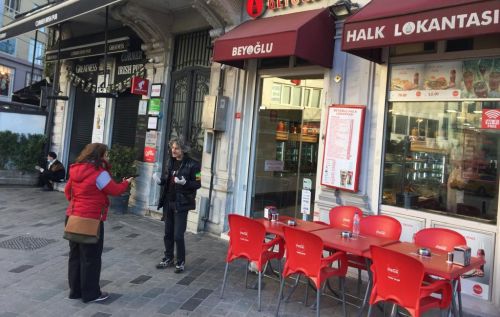
Vedat tells me, "We had better not exaggerate it too much. I believe that our people are clean. I think is it mostly because of people coming from outside. We have to wash our hands in our daily lives anyway. Shops should remain open. If it works, then, the government should declare a curfew. Closure is not the solution. What will these people do?"
The majority is wearing masks
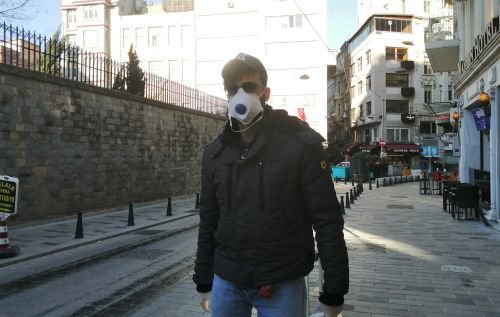
I enter and leave almost every street in Beyoğlu. Cafes and bars are closed. Some shops are open, the people there look worried. I cannot see anyone, except for a few people, probably tourists, and a number of journalists. The majority of those on the streets are wearing masks.
Nevizade is empty
When I go to Nevizade, I see that some bars are closed while some restaurants serving alcoholic drinks are open.
When I talk to someone there, he tells me, "The sub-governor said that the ban does not apply to you. So, we have opened it."
"I have opened it, but what will happen next is uncertain," he says and shares his criticisms: "I did not close it in Gezi. The police threw gas here, I did not close again. And I do not close it now. Streets are empty, no one comes anyway. We have no customers whatsoever. I can make a living in one way or another. But, what about the waiters working with me? The state should have taken these precautions in time. We are too late."
'Sales have dropped by 80 percent'
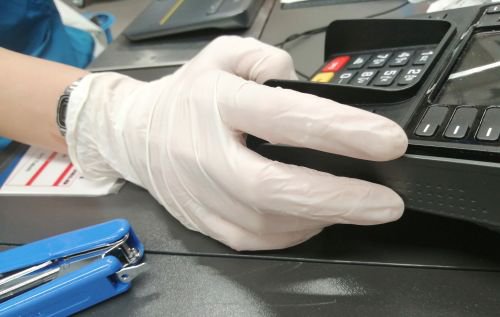
I am at a bookstore now. It is normally one of the most crowded bookstores of Beyoğlu. The cafe of the store is closed, but they are still selling books and stationery. Workers have latex gloves. As far as I can see, they are trying to follow the 1.5-meter social distancing rule.
One of the workers says, "The sales have dropped by 80 percent. We are trying to keep our distance, we cannot really do this social distancing thing. I mean, the customer comes and asks a question or we forget about it when we talk to each other. One should - of course - be careful about it."
They look as concerned as the ones in Nevizade.
Then, I go to the shopping mall which boasts of "being the only shopping mall" in Beyoğlu. A historical building hosts the mall. You must be remembering: When this shopping mall was still under construction years ago, life defenders made calls over calls to prevent its construction so that the historical fabric could be protected.
As I enter the shopping mall now, I see that private security guards are wearing gloves and masks.
'If they close the malls, they should pay workers'
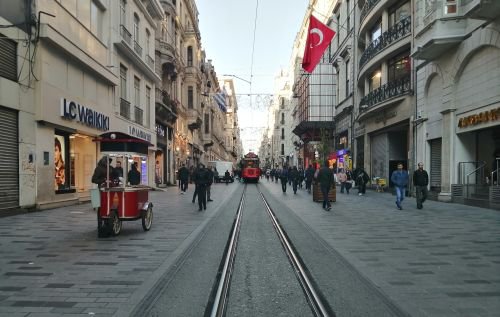
Looking around and taking photographs inside the mall, I ask a security guard about the rate of customers. He answers me as follows:
"35 security guards are working at this shopping mall. They have not yet informed us that the mall will be closed. We are all waiting. I hope that it will not be the case. If so, I do not think that the managers will give us our salaries. I have a child. I took up this job seven months ago.
"The ones working at the stores inside the mall are very concerned, too. People have to choose between their health and jobs. Even though we come, the mall is empty, as you see.
"Shop workers come, but there are no customers. If they will close the shopping malls, they should pay the workers. Hundreds of people work at the mall. Both our health and economic conditions are at risk."
'I found a job, then came corona'
It gets my attention when he says, "Spanish flu spread after the World War 1. This epidemic will top that." When he sees my amazement, he adds:
"I studied Public Administration. I could not find a job for months. Then, I became a security guard. And it coincided with the day coronavirus broke out. I hope that none us will lose our jobs." (EMK/SD)





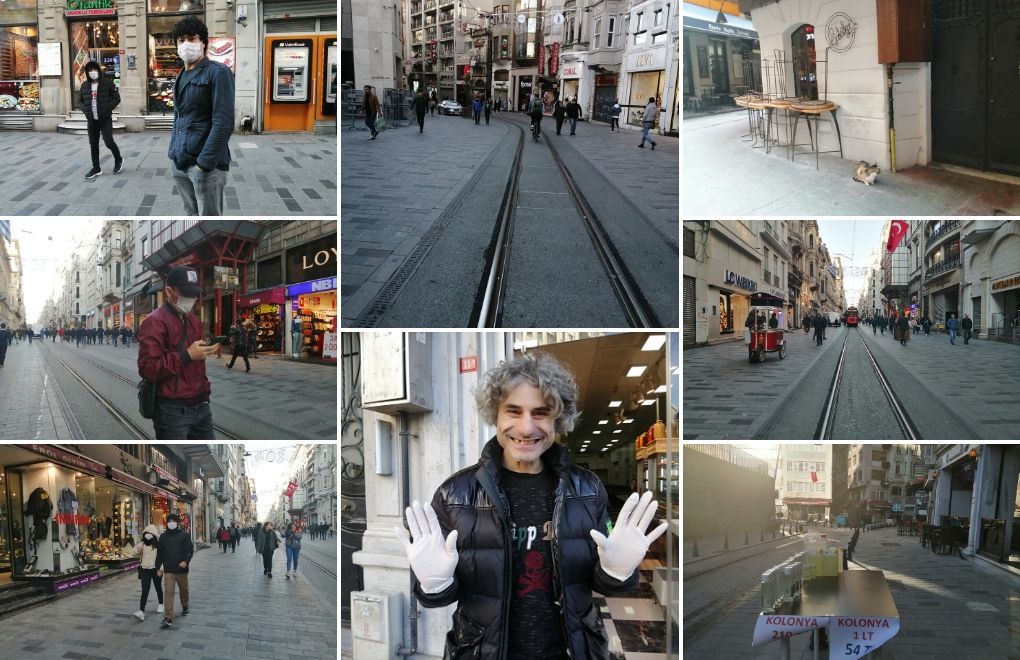
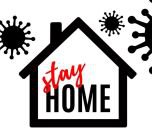
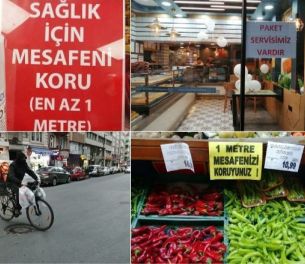
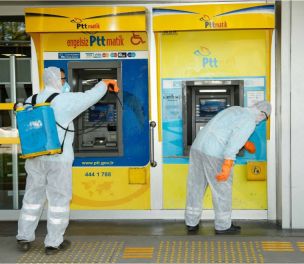
slkdml.jpg)
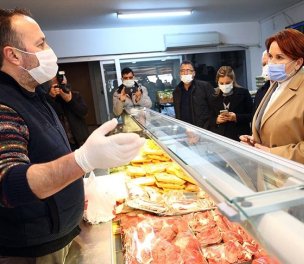
sa.jpg)
_(1)as.jpg)
